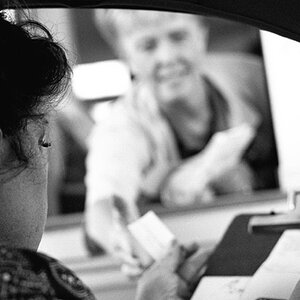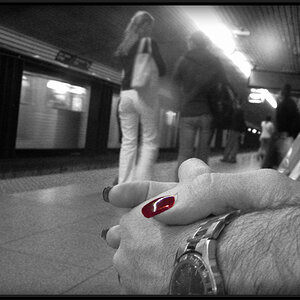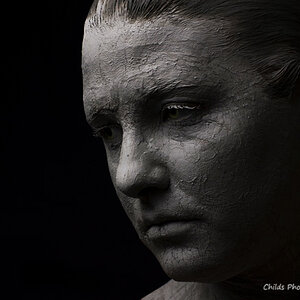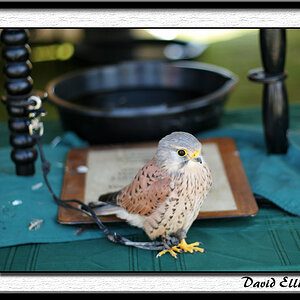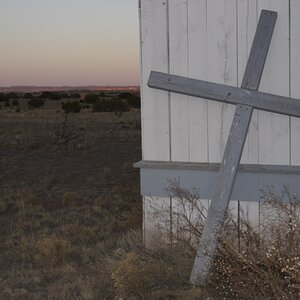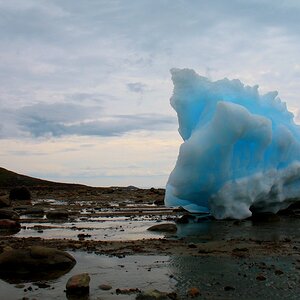- Joined
- May 1, 2008
- Messages
- 25,418
- Reaction score
- 4,999
- Location
- UK - England
- Website
- www.deviantart.com
- Can others edit my Photos
- Photos OK to edit
can we some how get manaheim's post stickeid somewhere - feels a shame that it will be lost in this thread somehow.


 I happen to have a fairly nice horn... a Vincent Bach Silver. Can't remember the model number, but it ran about $2500 new a good 20 years ago. Beautiful instrument.
I happen to have a fairly nice horn... a Vincent Bach Silver. Can't remember the model number, but it ran about $2500 new a good 20 years ago. Beautiful instrument.